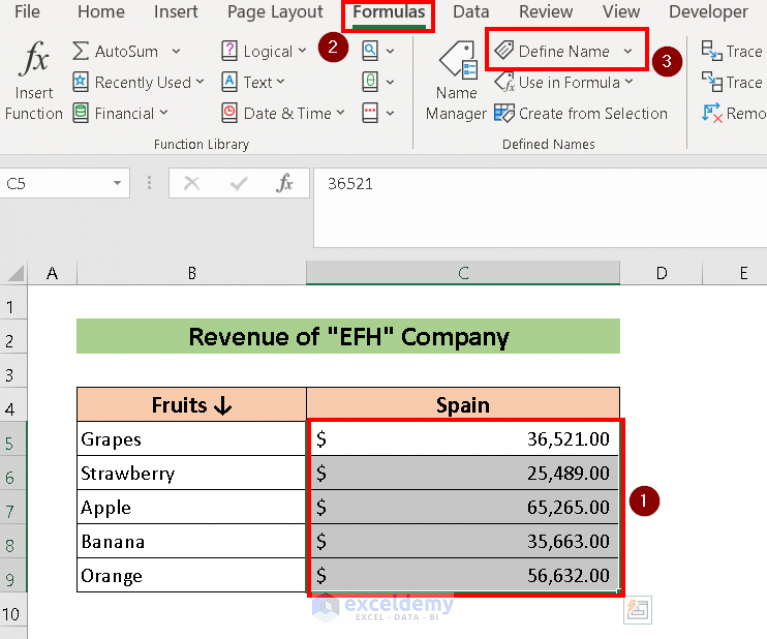5 Ways to Link Excel Sheets Easily

In the world of spreadsheets, Excel remains a cornerstone tool for data analysis and management. Whether you're working on a financial model, organizing a project plan, or managing sales data, linking Excel sheets can significantly enhance efficiency and accuracy. Here's a comprehensive guide on 5 Ways to Link Excel Sheets Easily, allowing you to harness the power of interconnected spreadsheets seamlessly:
1. Using Hyperlinks

Hyperlinks provide a straightforward method to navigate between different Excel sheets or workbooks. Here's how you can do it:
- Right-click on the cell where you want to insert the hyperlink.
- Choose 'Hyperlink' or press Ctrl+K.
- Navigate to 'Place in This Document' if linking within the same workbook or 'Existing File or Web Page' for external files.
- Select the sheet or file, and click 'OK.'
🔗 Note: Ensure the files remain in the same location to keep links functional.

2. Data Consolidation

When you need to compile data from multiple sheets into one master sheet:
- Go to 'Data' > 'Consolidate'.
- Choose the function (e.g., SUM, AVERAGE).
- Select the range from the sheets you wish to consolidate.
- Click 'Add' for each range, then 'OK' to consolidate the data.
This method can be particularly useful for aggregating financial reports, inventory levels, or project timelines.

3. External References

External references, or links to external workbooks, are essential when you need real-time updates:
- In the formula bar, start with the equal sign (=), followed by the path to the external workbook in square brackets []
- Include the sheet name and cell reference, e.g.,
=[WorkbookName]SheetName!A1.
🔓 Note: External references can become invalid if files are moved or renamed.
4. Power Query

Power Query offers advanced tools for data integration and automation:
- Go to 'Data' > 'Get Data' > 'From File' or 'From Database'.
- Select the data source and load it into Excel.
- Use Power Query Editor to transform and combine data from multiple sources.
Power Query is ideal for large-scale data manipulation and ensuring data accuracy across multiple sheets.

5. Named Ranges for Dynamic Linking

Using named ranges can make your linking process more flexible and dynamic:
- Define a named range by selecting the range, clicking 'Formulas' > 'Define Name', and naming your range.
- Use this name in your formulas to refer to specific data sets, which can span multiple sheets or workbooks.
Named ranges simplify complex formulas and help in maintaining the integrity of linked data.
🚧 Note: Always verify the data integrity when using dynamic named ranges.
To sum up, linking Excel sheets can transform your data analysis workflow by ensuring data is always up to date and easily accessible. From simple hyperlinks to powerful tools like Power Query, Excel provides various methods to suit different needs:
- Hyperlinks offer a direct way to jump between sheets.
- Data Consolidation helps merge information from multiple sources into one cohesive report.
- External references ensure real-time updates from other workbooks.
- Power Query automates data retrieval and integration.
- Named ranges provide a dynamic way to link data across sheets and workbooks.
Understanding and effectively using these linking methods can significantly improve your efficiency in managing spreadsheets, reduce errors, and enhance collaborative work. Remember, choosing the right method depends on your project's complexity, the frequency of updates, and the scale of data you're dealing with.
Can I link sheets in Excel Online?

+
Yes, you can link sheets in Excel Online using similar methods as the desktop version, although some advanced features like Power Query might be limited.
What happens to linked data if I rename a sheet or move the file?

+
If you rename a sheet, links referencing it by its old name will break unless you update the formulas. Moving a file can also break external links unless you update the file paths in the formulas.
How do I ensure my external references remain valid?

+
To keep external references valid, use absolute references when linking, and try to maintain file structures and paths. Regularly check and update the links if necessary, especially when files are moved or renamed.